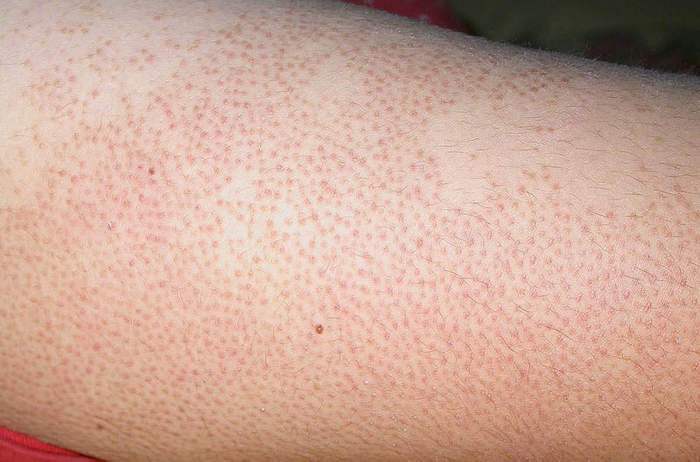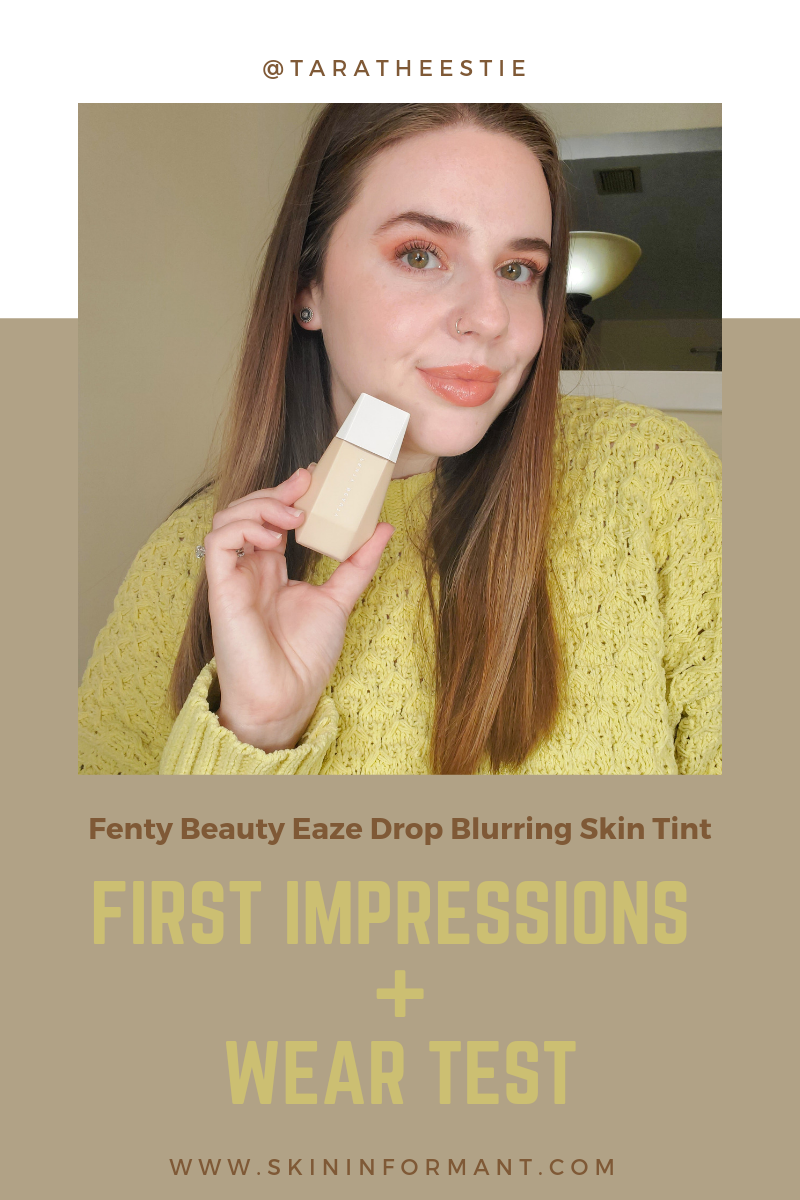Welcome back! Another week…another Monday…another blog post!

I have previously discussed how diet can affect our skin in a post from a couple weeks back, and I got such a good response that I decided that I wanted to dive deeper. By deeper, I guess I mean more specific. Let’s talk gluten! I feel like gluten is a hot topic right now, as many people are venturing into gluten free diets and discovering how it affects our body. However, let’s all remember that there are 1 in 100 people in the United States that are gluten intolerant, having what is known as Celiac Disease. When those with this autoimmune disorder eat gluten, the immune system attacks the small intestine, making it extremely dangerous for them to ingest gluten. It is also possible for people to have Non-Celiac Gluten Sensitivity, which affects a much larger portion of the population, around 6 percent. Although this is not as life threatening as Celiac, it still can cause very similar issues to the body.
So if you are not one of the people described above, why adopt a gluten-free diet? I have seen many people speak about gluten clearing up their skin, so I think it is important to investigate how gluten can affect the skin in the first place. It seems like most of the time when people say a diet changed their skin, it really is circumstantial and can be from many other factors… as seen in my previous post with dairy.
Skin conditions such as eczema, psoriasis, acne, and dry skin appear to be more prevalent in those with Celiac Disease. Although research tends to focus more on those with the autoimmune disorder, it is known that those with just a gluten sensitivity have had issues with some of these skin disorders described below too.
Dermatitis Herpetiformis, characterized by an itchy rash with water-filled bumps. This skin condition is directly linked to gluten intolerance, meaning if you have DH then you always will have a gluten intolerance.
Psoriasis, characterized by thick, scaly red plaques on the skin. This disorder is known to have a strong relation to gluten consumption. Psoriasis patients have high levels of antibodies to gluten in their bloodstreams, indicating that they’re reacting to gluten in their diets.

It is still unclear whether this is a direct correlation or not, but it has been reported that psoriasis patients have improvement when switching to a gluten-free diet, whether or not they have been diagnosed with Celiac Disease.
Eczema, characterized by an itchy rash and scaly, whitish patches is very common in children and also seen in adults. There is some evidence that this condition may be linked to gluten intolerance as well.
Keratosis Pilaris (Chicken Skin), small bumps often seen on the backs of upper arms is actually caused by an overproduction or build up of keratin. This is common in those who experience eczema or dry skin. There are no studies indicating a correlation between gluten and KP, however it is commonly seen with inflammatory conditions such as asthma or allergies. If you have a gluten intolerance or Celiac, you still may suffer from KP but it is unknown if they are actually linked. Since this condition is painless and does not cause any long-term effects, it is unlikely we will see many longitudinal studies done on this.
If you have a gluten intolerance or Celiac, you still may suffer from KP but it is unknown if they are actually linked. Since this condition is painless and does not cause any long-term effects, it is unlikely we will see many longitudinal studies done on this.
Dry Skin, characterized by flakiness and tightness of the face and small pores. Some physicians have noted that those with gluten intolerance experiencing dry skin have found relief after adopting a gluten-free diet. This could be from malabsorption associated with untreated Celiac robbing your skin of necessary nutrients. Obviously, everyone with dry skin does not have a gluten intolerance, but it may be more commonly seen in those with Celiac or gluten sensitivies than in other portions of the population.
My conclusion = MYTH
If you are not sensitive to gluten, there is no reason to really cut it out as there will not be many benefits seen for the skin. For those who are diagnosed with Celiac Disease or have a Gluten Sensitivity, you may be more prone to experiencing these disorders now or in the future.
If you believe that you may have a gluten intolerance, speak with your doctor before changing your diet. If you are experiencing skin disorders associated with gluten intolerance, seeing a dermatologist or aesthetician can assist in prescribing proper home care to aid in improving the skin.
Do you or any one you know suffer from Celiac Disease or a Gluten Sensitivity? Have you noticed any effects it may have to their skin? What do you think about the new wave of gluten free diets? Comment below?
Resources
Burkhart, Amy. 2019. https://theceliacmd.com/articles/gluten-and-keratosis-pilaris-chicken-skin/
https://gluten.org/resources/dermatitis-herpetiformis/
Drown, April. 2018. https://www.cleveland.com/entertainment/2018/04/how_many_people_really_need_to.html





Very informative and interesting-Great reading material!!